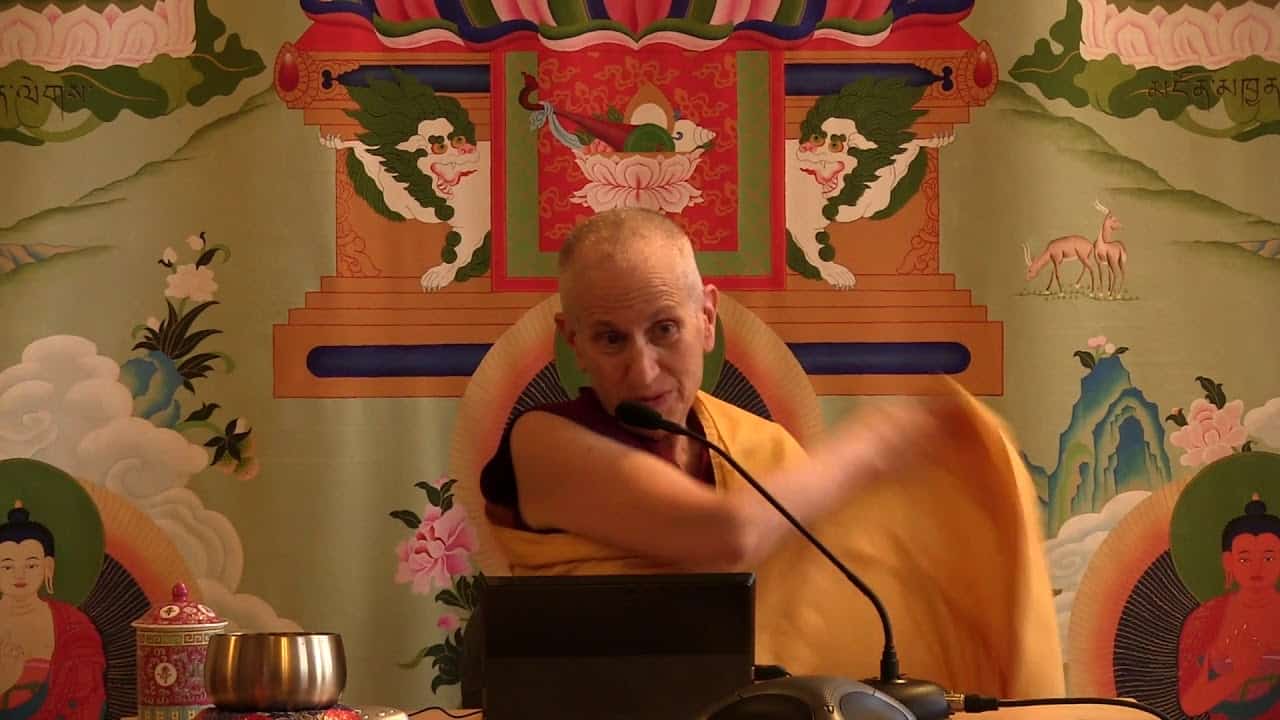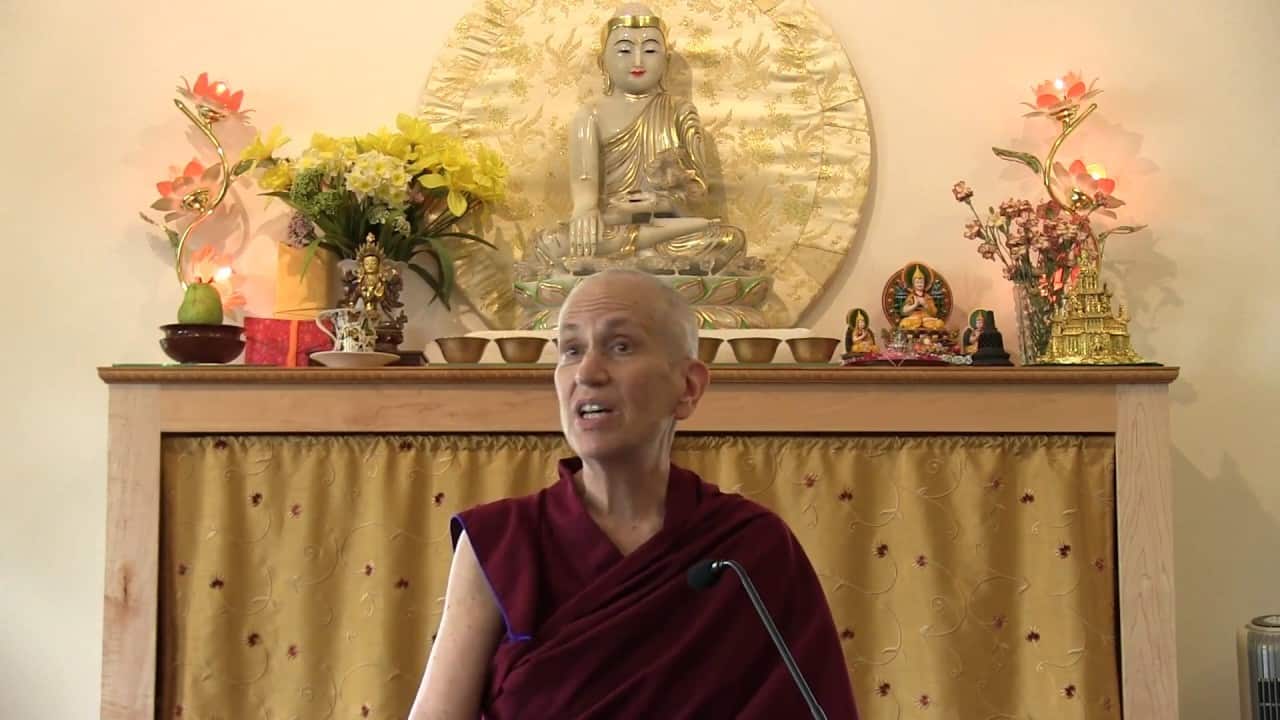Share your love, wisdom, and wealth
Part of a series of short talks on the pithy verses from the end of Lama Yeshe's book When the Chocolate Runs Out.
- Learning to distinguish between love and attachment
- Identifying the love and affection that naturally springs from our hearts
- Sharing what we have with out fear or obligation
We were reading as a group Lama Yeshe’s When the Chocolate Runs Out. At the end of the book, Lama had these very pithy little sayings that got read one right after the other, and I thought it would be nice to unpack them because there’s quite a lot in each one.
The first one:
Share your love, your wisdom, and your wealth.
Serve other beings as much as possible.
That sounds simple, clear, direct, and difficult.
Share our love. It’s hard sometimes for us to share love. We can’t distinguish between love and attachment, so we’re afraid if we’re really friendly and caring, then somebody else will get attached to us. Or when we have feelings of unworthiness, then we think, “Well how can I share my love, because then somebody will reciprocate and I’m not worthy of love.” How we make all these kinds of problems in our mind. That’s because that love is very mixed up with attachment and obligation, all that kind of stuff.
What Lama is saying here is just the love and affection and care you have that just naturally springs from your heart before you start monitoring it and telling yourself you’re not doing it right, or feeling the right thing, or you shouldn’t, you ought to, you’re supposed to….
I see it very much as how we act with the kitties. We’re just friendly and playful with them. We know they’ll let us hold them from anywhere between three seconds and one minute, and that afterwards they’re going to jump off, and we don’t take it personally, we don’t go, “Oh, this cat doesn’t like me” because one day they won’t come to us and the next day they will. It’s true, isn’t it? So when we approach the kitties we don’t have all this ego garbage about expressing our affection. If we want to pet them, we pet them, and if they walk away in the middle of it, it’s like well, okay, so much for that.
When he (Lama) says “Share your love,” that’s what he’s talking about. Just be a friendly person as what naturally comes in your heart without all this discussion.
It’s like, smile. Okay, you smile, you feel happy, you smile. You’re not going around, “Do I look good when I smile, do I smile crooked….” So share your love.
Your wisdom. Whatever wisdom we have, we share it. If we don’t know something, we just say it right out front: “I don’t know.” That’s much better than embarrassing the other person for asking that question, or making up something when we don’t know what we’re talking about, or something like that. If somebody asks for advice, and we really don’t know, say “I really don’t know. What do you think? You know the situation better than I do. What do you think?” If somebody asks us a question on information, and we don’t know, say we don’t know. Or if you have a guess say, “This is my guess, but youtraveledcheck it out.”
I’ve travelled a lot, and sometimes you ask people for directions, and they don’t know where something is, but they feel like they should tell you something because there’s kind of a one in eight chance that they might be correct. It might be here here here here or in the four intermediate. It’s not up and it’s not down, so we eliminated those two. So there’s a one in eight, so they’ll point somewhere. I would much prefer those people to say “I don’t know.” Especially in India where you wind up going places, and they don’t have street signs. So you really don’t know where you were, are, or are supposed to go.
Share your love, your wisdom, and your wealth.
That means not only physical wealth, material wealth that we may have, but the wealth that comes from experience. As we live and we have more experiences, we gain some kind of inner wealth. As we keep precepts we collect the wealth of merit. So there can be an inner sense of knowing something just through having lived and learned through your experience. Being able to share that wealth. And needless to say, the material wealth as well. For some people, that’s the easiest thing to share. For other people it’s more difficult.
Just basically, sharing what we have without fear, or hesitation, or intimidation, or “maybe I shouldn’t,” or all these kinds of things that we put a choke on our own expression of joy.
That’s the first part of the sentence. We can chew on that for a while.
Venerable Thubten Chodron
Venerable Chodron emphasizes the practical application of Buddha’s teachings in our daily lives and is especially skilled at explaining them in ways easily understood and practiced by Westerners. She is well known for her warm, humorous, and lucid teachings. She was ordained as a Buddhist nun in 1977 by Kyabje Ling Rinpoche in Dharamsala, India, and in 1986 she received bhikshuni (full) ordination in Taiwan. Read her full bio.


